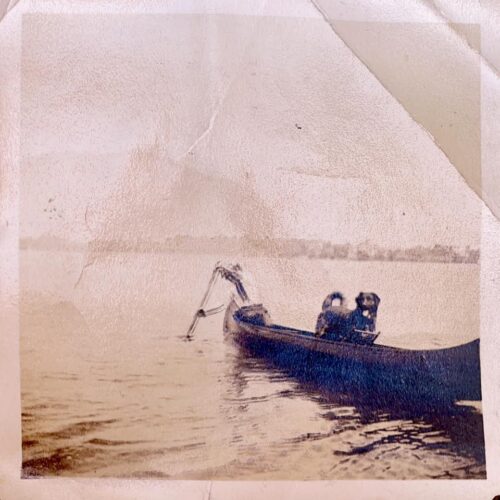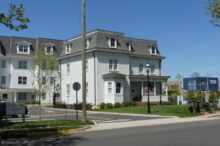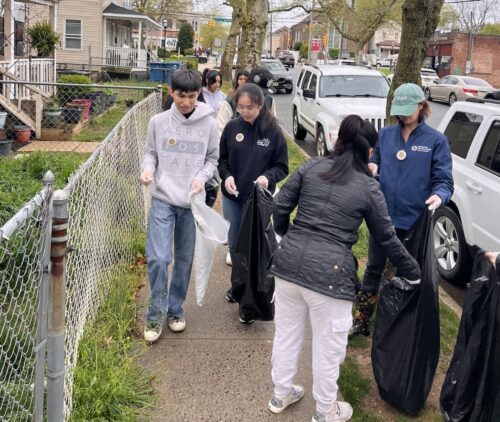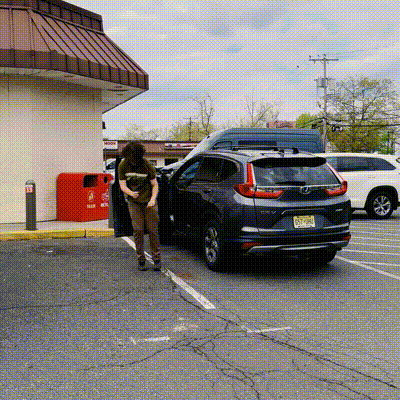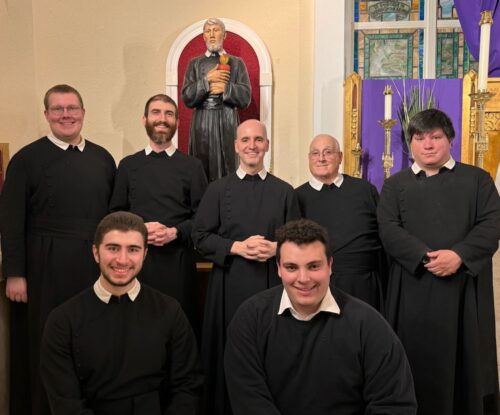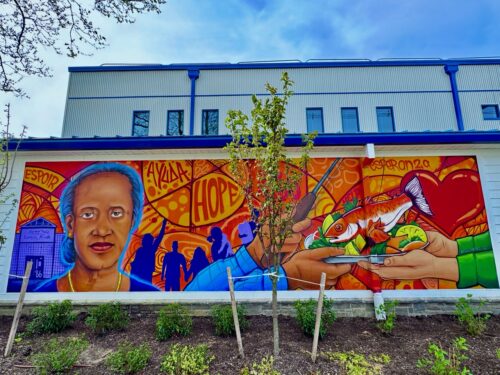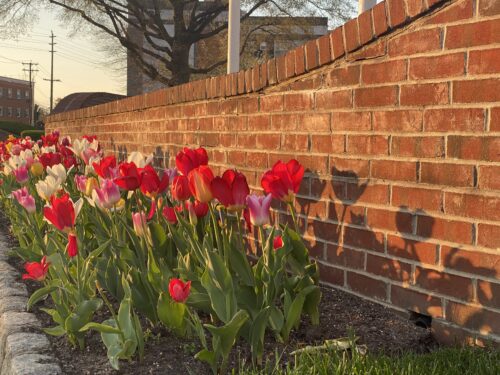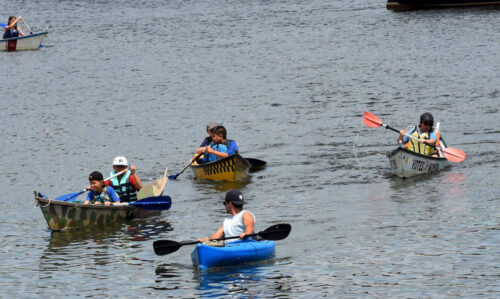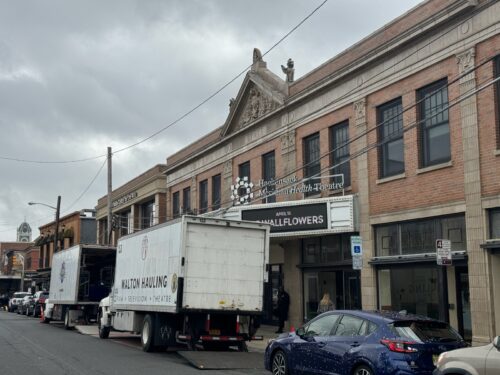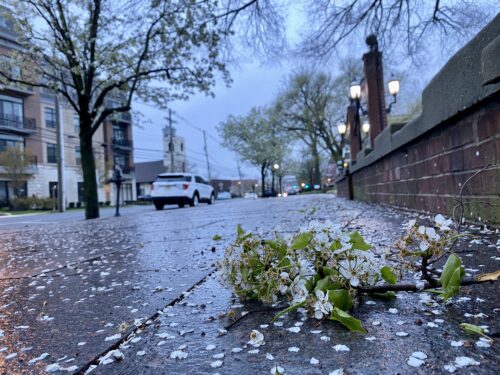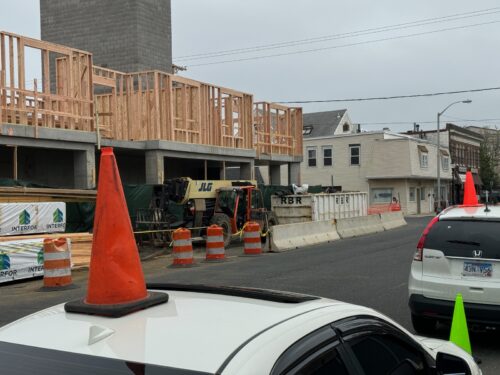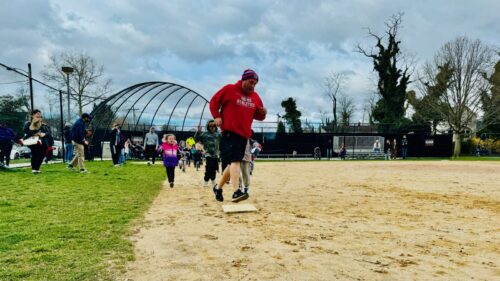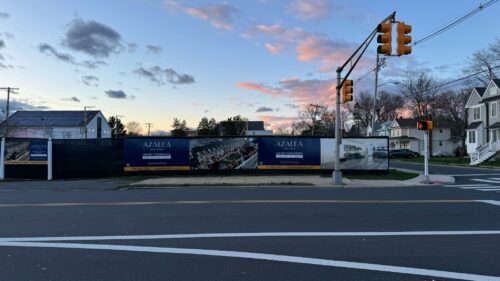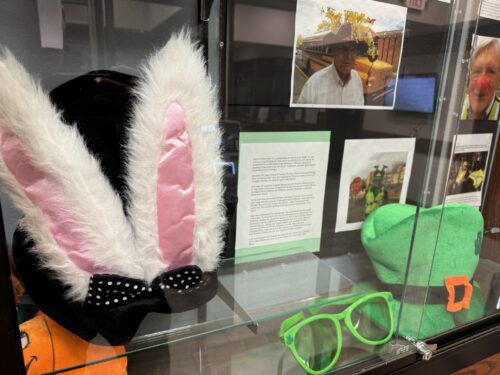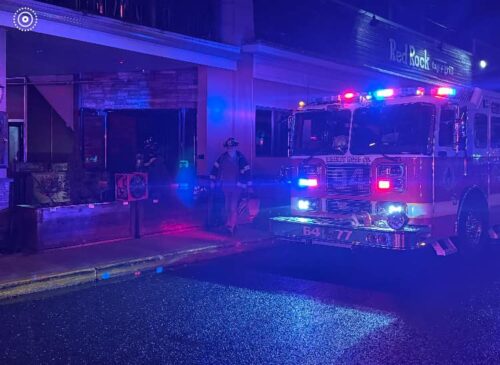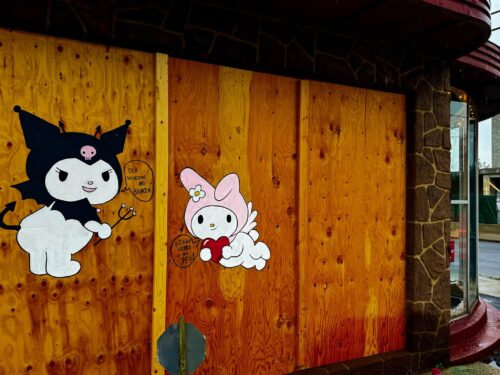Jim Willis rolled into town three months ago eager to do some community building.
It’s what he does. A self-employed 36-year-old techie, Willis spends his workdays knocking down perceived barriers between people and information. His weapon of choice is software, which he uses to open issues up for discussion and to bring people together.
It’s what he did in his job as director of eGovernment services in the Rhode Island secretary of state’s office, where he went on a four-year tear putting previously hard-to-access information at the public’s fingertips via the web.
Now, working as a consultant to nonprofits, Willis focuses on helping activists capitalize on the universe of data that’s available to them online.
But that’s his professional side. On the personal side, Willis is equally passionate about what he calls “social capital” and what most of us think of as family relationships and friendships. (Yes, Willis acknowledges, he tends to get a little caught up in the jargon of social science.)
In essence, Willis subscribes to the belief that traditional social life in America has been frayed by a number of forces ?? the rise of television, the emergence of two-earner household, and technologies that make it easier to interact electronically rather than in person.
It’s the “bowling alone” phenomenon documented in the 2000 bestselling book of the same name by Robert Putnam.
Willis grew up in Colts Neck and moved back to the area after 14 years in Washington, DC, Cincinatti and Providence. (Self-plug: one of the things that attracted him to Red Bank, he says, was his discovery of redbankgreen, whose existence he took as a good sign for his personal objectives.)
He lives opposite East Side Park on Harrison Avenue with his wife, Kelly Wilder-Willis, a neuropsychologist who grew up in Middletown, and their two small boys. The couple came back to New Jersey largely so the boys could be near their grandparents and other relatives.
But leaving Providence meant giving up a neighborhood with “astounding social and economic diversity,” Willis says ?? not to mention great block parties. And he and his wife decided, “if we didn’t find it here, we were going to make it,” he says.
This networking stuff, he underscores, “really is my entire focus.”
Soon after arriving, Willis began planning an email newsletter for his new neighborhood, an electronic venue for people to share information and insights about everything from the availability of babysitting services to updates on the water-line replacement work now underway in the area to notices of free stuff about to be put out on the curb.
Willis said he encountered some suspicion when he first went door-to-door to pitch the idea and collect email addresses. Some people wanted to know what he was getting out of it, and others worried that their inboxes might soon be hit with more spam.
But it wasn’t all resistance out there. In fact, he says, of the first 40 responses he got, “20 were just full of enthusiasm.”
One inspiration for what he’s doing is Front Porch Forum, a community-building organization that claims to have brought 25 percent of the population of its home city ?? Burlington, Vt. into online discussions in its first year.
Willis has adopted several of the Front Porch Forums suggestions. One is to keep the newsletters fluff-free, or people won’t value them. Another is to build the readership to an optimal size, which turns out to be about 150 active members. And, perhaps most important, no one can post anything anonymously, which obviates the “flame wars” that occur in forums where anything goes.
He’s also sharing the workload that goes into providing content for the emails. “I don’t want to write it,” Willis says. “I want neighbors to want to do it, and I’ve got people stepping up.”
“This is for neighbors by neighbors,” he says.
Already, one parent has suggested organizing a play group for kids of a certain age. One neighbor volunteered to get in touch with Parks & Rec to get the lowdown on what improvements are planned for East Side Park, and another has said he’ll reach out to Police Chief Mark Fitzgerald about organizing a neighborhood crime watch.
The East Side Park Neighbors Newsletter, Willis wants it known, is not meant to isolate the neighborhood from the rest of Red Bank. In fact, he says he’s willing to share the software and know-how behind the newsletter to anyone in town who wants to adopt it for similar efforts.
He thinks that offer might be of particular interest to residents of the West Side, whom he’s seen coming together anew in the wake of the Best Liquors controversy and concerns about crime and housing conditions.
Whether his idealism proves infectious remains to be determined. Calling the police chief and writing up a short report can be a burden for people with full-time jobs and kids.
“I’m going to try to help him if I can,” says John Gosden, a Harrison Avenue resident for nine years who has a particular interest in the upkeep of the park.
“It kinds of brings people together as a community,” he says. “It’s actually a very busy park.”
Willis thinks it will take some time to work the bugs out and get the newsletter established. Already, he’s sent out two issues, but problems with spam-bocking software in the email programs of many intended recipients kept the first one from getting though.
But that’s a fixable problem, says Willis. The bigger challenge is fostering a sense of community.
“If we accomplish one thing, I’m hoping we diminish that cynicism that keeps people from talking to one another,” he says.





